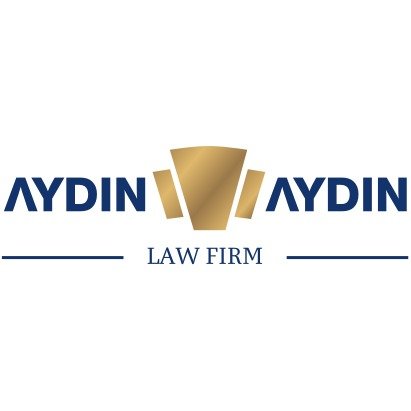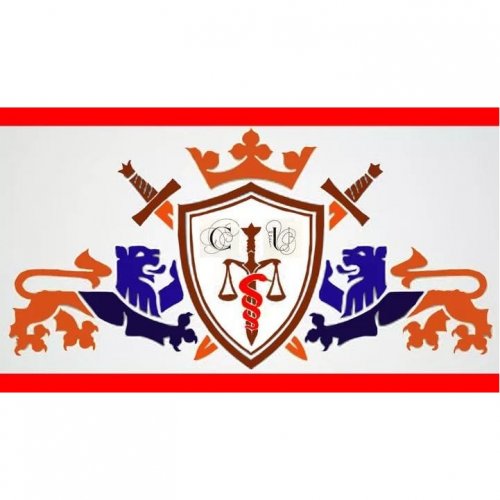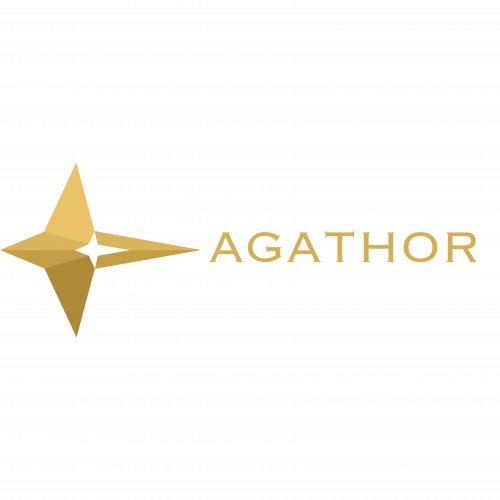Best Restructuring & Insolvency Lawyers in Ankara
Share your needs with us, get contacted by law firms.
Free. Takes 2 min.
List of the best lawyers in Ankara, Turkey
About Restructuring & Insolvency Law in Ankara, Turkey
Restructuring and insolvency law in Ankara deals with the processes and legal frameworks for companies and individuals who are unable to meet their financial obligations. In Turkey, these laws are primarily governed by the Turkish Commercial Code and the Execution and Bankruptcy Law. With Ankara being the capital and a major economic center, there is a high demand for restructuring and insolvency services to address financial distress, prevent bankruptcy, and ensure creditors are treated fairly. Legal professionals in this field help businesses and individuals navigate complex procedures with the aim to either rescue the business through restructuring or manage an orderly liquidation process.
Why You May Need a Lawyer
Legal guidance is critical in restructuring and insolvency matters due to the complexity and possible financial consequences of every decision. Some common situations where hiring a lawyer is advisable include:
- Facing persistent cash flow problems or inability to pay debts as they fall due.
- Receiving payment demands, debt collection actions, or bankruptcy petitions from creditors.
- Wishing to initiate concordatum (a court-approved debt restructuring process in Turkey).
- Being a creditor of an insolvent business and seeking to recover outstanding amounts.
- Wanting to explore business rescue or restructuring options before insolvency occurs.
- Needing help with negotiating with creditors or drafting legal agreements related to debt restructuring.
- Dealing with the complexities of cross-border insolvency matters.
- Managing personal guarantees, pledges, or other securities linked to debts.
A lawyer who specializes in restructuring and insolvency can help protect your rights, maximize recovery, and provide practical solutions tailored to your circumstances.
Local Laws Overview
The key legal instruments overseeing restructuring and insolvency in Ankara, as in the rest of Turkey, are the Turkish Commercial Code and the Execution and Bankruptcy Law. Some highlights include:
- Concordatum: A formal process allowing distressed debtors to restructure debts under court supervision, offering protection from creditors for a specified period.
- Bankruptcy Procedures: Creditors or the debtor can initiate bankruptcy before courts. The court appoints a bankruptcy administrator, and an orderly liquidation of assets follows to pay creditors.
- Restructuring of Capital Companies by Settlement: This process, available only to capital companies, provides for court-approved settlements without declaring full bankruptcy, aiming to rescue the business.
- Creditor Rights: Creditors must file claims within specified deadlines during insolvency proceedings to participate in asset distribution.
- Personal Bankruptcy: Available but less common, usually applied to sole traders or individuals with significant personal debts.
- Administrative Bodies: Proceedings are typically handled through commercial courts and bankruptcy offices in Ankara.
It is important to note that Turkish law has specific obligations and timelines, so local expertise is critical to ensure compliance and optimal outcomes.
Frequently Asked Questions
What is the difference between restructuring and bankruptcy in Turkey?
Restructuring is a process that aims to save a financially distressed company by reorganizing its debts and business structure, often through court-approved arrangements like concordatum. Bankruptcy, on the other hand, involves declaring the debtor insolvent and proceeding with liquidation of their assets to pay creditors.
How does the concordatum process work in Turkey?
A business or individual can apply to the court for concordatum if they are unable to pay debts but believe they can recover with a payment plan. The court grants temporary protection from creditors while the debtor submits a restructuring proposal. Creditors vote on the plan, and if accepted by required majorities and approved by the court, it becomes binding.
Can creditors object to a debtor's restructuring proposal?
Yes, creditors have the right to object during court proceedings. Their objections can affect whether the proposed restructuring plan is accepted and implemented.
What assets can be seized during bankruptcy in Turkey?
Insolvent debtors may see most of their assets seized and liquidated, except for certain exempt items necessary for basic living or business continuity as determined by law.
Are personal guarantees enforceable in insolvency cases?
Yes, creditors can enforce personal guarantees, often holding shareholders or company directors personally liable if the debtor defaults.
How long does insolvency or restructuring take in Ankara?
Timelines vary but can range from several months to over a year depending on the complexity of the case, cooperation of the parties, and court schedules in Ankara.
Is it possible to negotiate with creditors outside of court?
Yes, out-of-court settlements are possible and sometimes preferable. However, court-supervised processes offer formal protections that private negotiations may not.
Can a company continue to operate during restructuring?
In many instances, the business can continue operations under supervision during restructuring proceedings such as concordatum, with the aim to recover and eventually pay creditors.
What happens to employees when a company goes bankrupt?
Employees have priority claims for unpaid wages and can apply to the bankruptcy office for recovery. Depending on the business’s cash position, full payment is not always guaranteed.
What are the consequences of bankruptcy for company directors?
Directors may face restrictions, such as being barred from managing other companies for a period. They might also have personal liability if found responsible for wrongful trading or fraudulent activities.
Additional Resources
Here are some resources and organizations that can assist individuals and companies facing restructuring and insolvency in Ankara:
- Ankara Commercial Courts - Responsible for handling insolvency and bankruptcy cases.
- Ankara Chamber of Commerce - Offers business advisory services and legal support.
- Union of Chambers and Commodity Exchanges of Turkey (TOBB) - Provides guidance and mediation for distressed businesses.
- Bankruptcy Offices (İcra Daireleri) - Manage the enforcement of insolvency procedures and asset liquidation.
- Local legal aid organizations - Offer support and advice for individuals and small businesses unable to afford private counsel.
Next Steps
If you or your business are facing financial difficulties in Ankara and believe that restructuring or insolvency might be necessary, consider the following steps:
- Assess your financial position and gather all relevant documents and contracts related to your debts.
- Seek professional legal advice from a reputable restructuring and insolvency lawyer in Ankara who understands local court procedures and regulations.
- Discuss options such as negotiation, debt rescheduling, concordatum, or, if needed, bankruptcy proceedings.
- Communicate proactively with creditors, employees, and stakeholders about your plans and intentions.
- Follow all legal timelines and court requirements meticulously to protect your rights and avoid further penalties.
Taking early action and consulting with local experts increases your chances of finding a positive solution and limiting further risks. Remember, each case is unique, and professional legal guidance is key to making informed decisions.
Lawzana helps you find the best lawyers and law firms in Ankara through a curated and pre-screened list of qualified legal professionals. Our platform offers rankings and detailed profiles of attorneys and law firms, allowing you to compare based on practice areas, including Restructuring & Insolvency, experience, and client feedback.
Each profile includes a description of the firm's areas of practice, client reviews, team members and partners, year of establishment, spoken languages, office locations, contact information, social media presence, and any published articles or resources. Most firms on our platform speak English and are experienced in both local and international legal matters.
Get a quote from top-rated law firms in Ankara, Turkey — quickly, securely, and without unnecessary hassle.
Disclaimer:
The information provided on this page is for general informational purposes only and does not constitute legal advice. While we strive to ensure the accuracy and relevance of the content, legal information may change over time, and interpretations of the law can vary. You should always consult with a qualified legal professional for advice specific to your situation.
We disclaim all liability for actions taken or not taken based on the content of this page. If you believe any information is incorrect or outdated, please contact us, and we will review and update it where appropriate.













